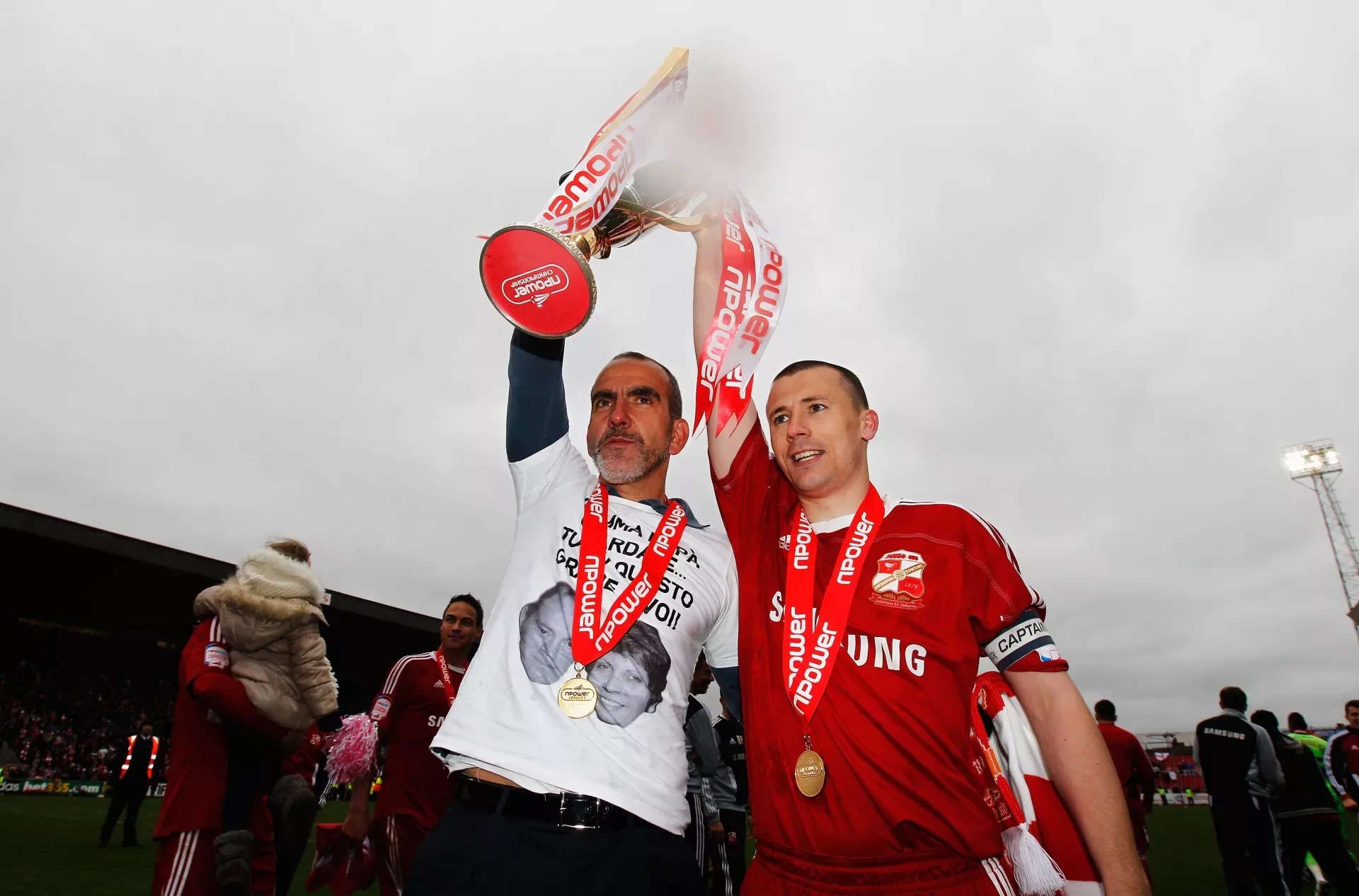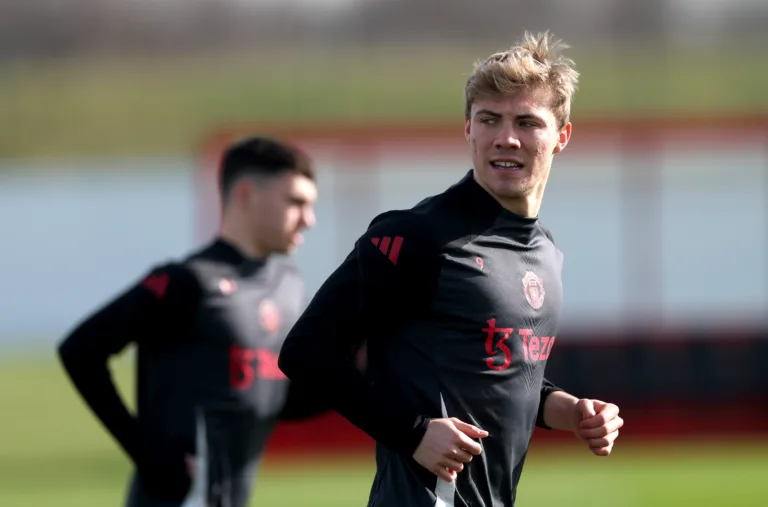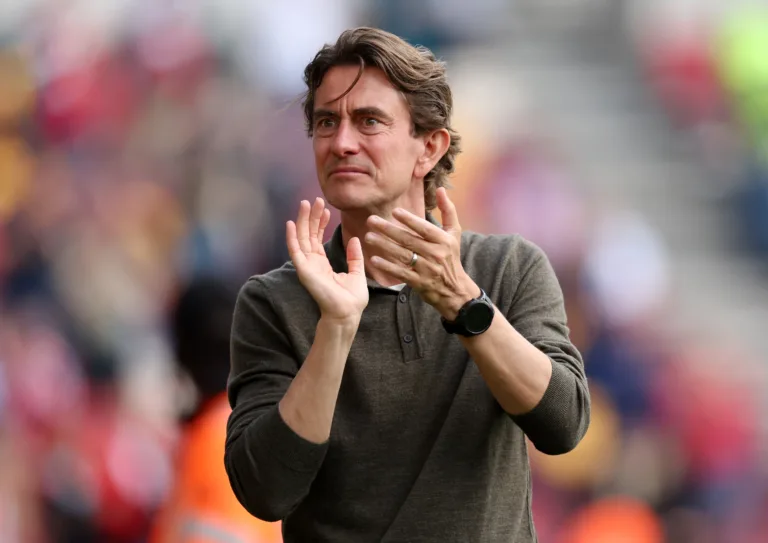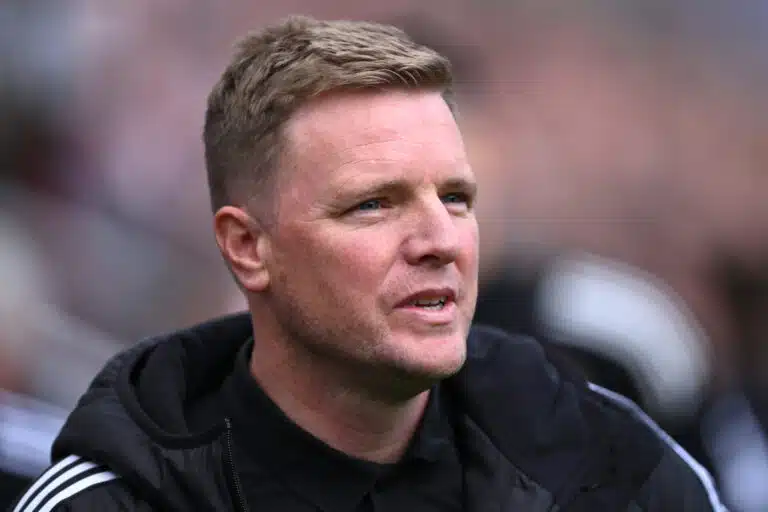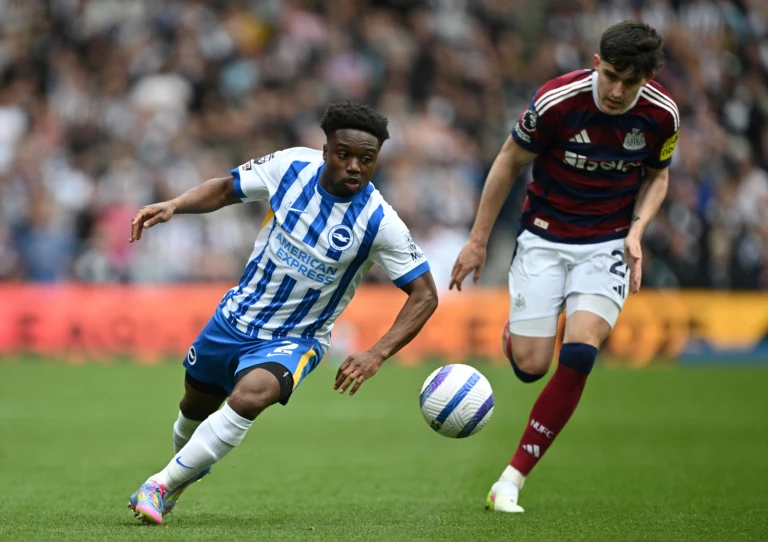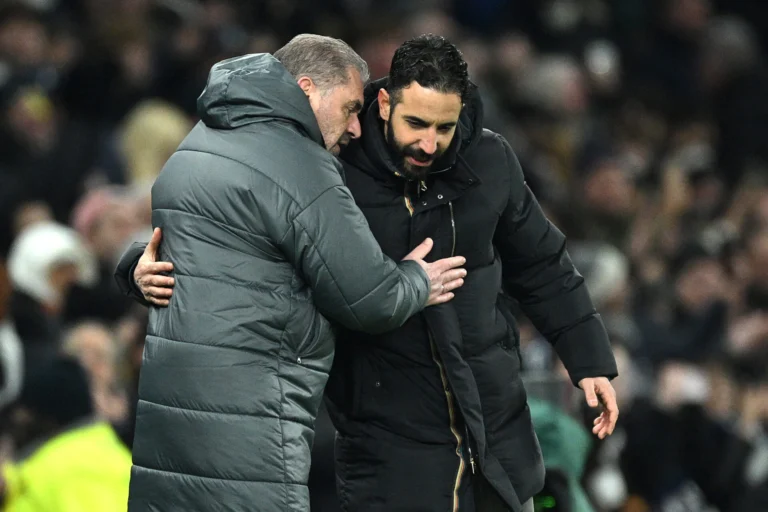When Paolo Di Canio Managed Swindon Town
On May 20th, 2011, Paolo Di Canio was appointed manager of Swindon Town, who had just been relegated to League Two. What followed was a very intriguing 21-month period for the West Country side.
Paolo Di Canio & The Perfect Start
During his first season in management, Paolo Di Canio spent around £375,000 to bring in 13 new players for the Robins that involved either transfer or loan fees, as well as a further 10 free agent signings. The headline signings from this season were Alan Connell from Grimsby for £170,000, who went on to score 11 goals for them that season.
A 21-year-old Wes Foderingham for £110,000 from Crystal Palace’s U21 setup and Matt Ritchie, who joined the club on a permanent basis following his loan spell at The County Ground the previous season, both Foderingham and Ritchie would go on to play Premier League football on a regular basis over the next decade.
Di Canio also sold tenured midfielder Michael Timlin to Southend United in January for £225,000. However, that was the only outgoing with a fee attached and therefore his net spend for that season was £150,000. This was the first time in recent years that Swindon hadn’t run at a net transfer profit, which, coupled with their recent relegation, meant there was a lot of pressure on Di Canio to succeed and get Town back into League One.
As the saying goes, pressure makes diamonds, and that was certainly the case with this Swindon side. They kicked off what would later become a title-winning season with a 3-0 win over Crewe Alexandra on August 6th, 2011.
However, Paolo Di Canio’s darker side would start to emerge by the end of August, when, following Southampton’s League Cup elimination, he got into a fight with Swindon forward Leon Clarke on the field.
Fast-forward to January 2012 and Swindon caused a classic FA Cup upset as they dumped out Premier League outfit Wigan Athletic, a win that Paolo would later dedicate to his father, who had recently passed away.
At the halfway point of the season, Swindon were still looking strong for promotion back to the third tier of English football. They would also reach the Football League Trophy Final, where they would lose 2-0 to Chesterfield at Wembley Stadium.
Swindon would eventually be promoted on April 21st following Crawley and Dagenham’s 1-1 draw and Torquay United’s 2-0 loss to AFC Wimbledon, despite the fact that the Robins actually lost 3-1 to Gillingham that same day. Town would go on to be crowned champions in the following game after they steam-rolled Port Vale, who were entering administration, 5-0.
The Inevitable Swindon Town Demise
While the 2012/13 season would prove relatively successful for Swindon on the pitch, as they finished 6th in League One before losing in the play-offs, off the pitch, there were disagreements between Paolo Di Canio and the board that eventually led to the Italian’s resignation in February of 2013.
Barring a mildly dissapointing FA Cup run that saw Swindon knocked out in the first round by lower-league opposition in Macclesfield Town, it had been a pretty good start to life back in League One for Di Canio’s men, as they had only lost six league games by the start of January. However, this is when the off-field problems truly began for the West Country club, as despite a month long transfer embargo that lasted from October 6th to November 6th being lifted by the EFL, club chairman Sir William Patey announced that no money would be made available for transfers during the winter window.
This led to Paolo Di Canio offering £30,000 of his own money to Swindon in an attempt to keep loan players John Bostock, Chris Martin, and Danny Hollands at the club. With the possibility of administration looming large over The County Ground, a new buyer was sought out subject to EFL approval, and without informing Di Canio of the decision, key player Matt Ritchie was sold to promotion rivals AFC Bournemouth.
Following more rejected attempts to sign players due to the club’s ongoing financial issues, Di Canio came out to say that he was “considering his future” at Swindon Town due to these off-field issues. A few weeks later, Paolo Di Canio would almost attempt to threaten Swindon.
He handed in his resignation but said he would happily withdraw it if confirmation of a takeover was received and approved by the EFL by February 18th. Unfortunately, this did not happen and Di Canio resigned from his role as Robins manager on February 18, 2013, with his team on an eleven-game unbeaten run. Kevin MacDonald would take over from Di Canio ten days after his departure but couldn’t get consistent results out of the squad as he only managed four wins from fourteen games, which would ultimately cost them promotion to the Championship.
Paolo Di Canio would go on to spend six months at Sunderland, from March to September 2013, before being dismissed following a 3-0 defeat to West Bromwich Albion.


